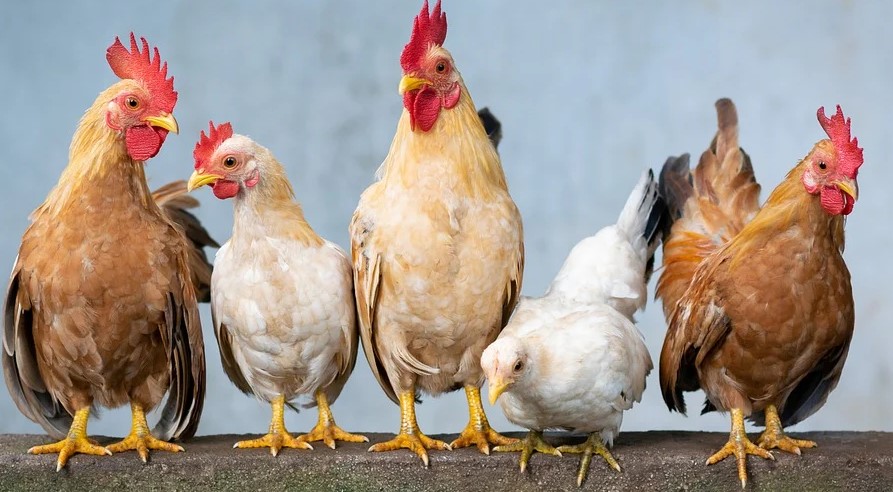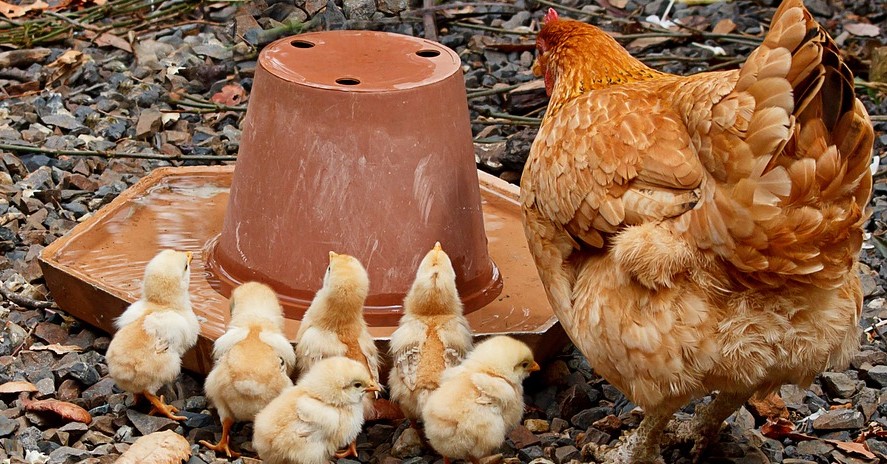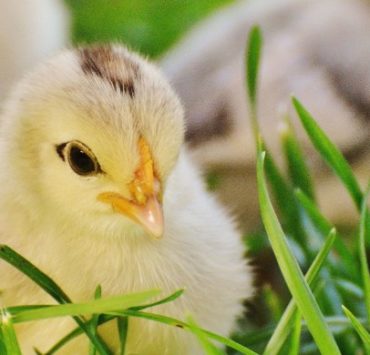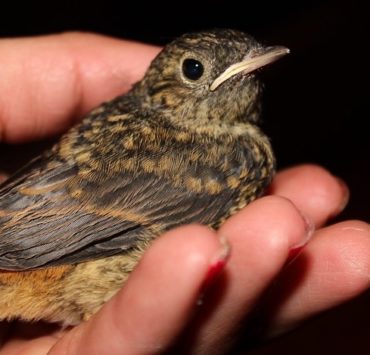
Just like most mammals, chickens also have some worms. This isn’t a problem, per se. On the other hand, if the worm load becomes overwhelming and the chickens start to exhibit symptoms of illness, that’s when you need to do something about it.
Too many worms can decrease egg production, and in some cases, even cause death. The solution to this lies in getting a chicken dewormer for your flock. The tricky part is figuring out how to deworm chickens safely.
That’s right. There is a right way to do it and a wrong way to do it. Here’s an in-depth guide on everything you need to know about deworming chickens.
Types of Parasitic Worms
Parasitic worms can either have a direct or indirect life cycle. A worm with a direct lifecycle lives out its entire life inside the chicken. Its eggs are shed in the chicken feces, which then infect other chickens when they peck at it. Chickens peck at anything, so, as gross as it may seem, that’s not unusual.
However, worms with indirect life cycles usually live in other species like snails, slugs, and earthworms. They infect the chicken then it ingests these species.
There are other parasitic worms with even more convoluted lifecycles, but we’re not going to bore you with that here. For now, those are two main ones you need to be aware of.
Let’s get into the interesting bits, shall we?
Several different types of worms exist. However, some are more harmful than others when it comes to the overall wellbeing of your chicken. Here’s an overview of the ones you need to worry about.
Roundworms in Chickens
Roundworms have a cylindrical body and range anywhere between one millimeter and seven meters (23 feet) in length. They have a direct lifecycle, so they live out their entire lives inside the small intestines of the chicken.
Roundworms happen to be the most common of all the worm infestations that occur in poultry.
Sick Bird Symptoms
- Decreased appetite
- Diarrhea
- Pale wattles and comb
- Shabby appearance
- Significant weight loss
- Stunted growth
- Intestinal blockage in severe worm overloads, causing eventual death
Gape Worm in Chickens
Gape worms are nasty, to say the least. They reside in the chicken’s windpipe and suck on blood from the tiny blood vessels there.
As they grow and multiply, these worms cause partial blockage of the windpipe, causing the chicken to gape for air. That’s how they get their name.
They have a peculiar “Y” shape: the male and female worm interlocked in what appears to be permanent copulation. The eggs they lay are coughed up by the chicken, effectively getting them out of the respiratory system before being swallowed again.
They then pass through the gastrointestinal system and get excreted in the feces. The next chicken then picks them up when they peck at the egg-infested poop.
Sick Bird Symptoms
- Choking in severe infestation
- Coughing while gasping for air
- Loss of appetite
- Shaky head
- Sneezing
- Tatty and shabby appearance
- Yawning
Cecal Worms
Cecal worms are quite common in poultry, although they aren’t nearly as problematic as roundworms and gape worms. They have a direct lifecycle and reside in the ceca of chicken – the two pouches located at the point where the small and large intestines meet.
These can harbor blackhead disease, but that’s a bigger issue for turkeys than it is for chickens. This is why you shouldn’t raise chickens and turkeys together.
They are often carriers of the parasite but don’t exhibit any of the usual clinical signs of worms in chicken like we’ve seen with other parasitic worms. Those with a cecal worm overload often have a ratty and depressed appearance.

Valbazen for Chickens
There are several dewormer solutions for chicken available on the market, some more effective than others. One of the most popular ones is Valbazen.
It is a broad-spectrum dewormer designed to eliminate several different types of worms in cattle, sheep, goats, and a wide range of livestock. Low dosages of the drug can safely be used to eradicate worm infestation in chicken.
It effectively eliminates roundworms, gape worms, cecal worms, tapeworms, and virtually any other kind of worm you can think of.
How to Use Valbazen to Safely Deworm Chickens
Since poultry has small digestive tracts, they can only get rid of a limited amount of debris at a time. It is, therefore, important that you use a “milder” dewormer first before you bring out the big guns.
A chicken vet would likely prescribe Wazine initially to eliminate the roundworms only. Going straight to Valbazen would get rid of all the worms at once, which could end up killing the chicken.
Giving them two ounces (60ml) of Wazine in a gallon of water every day for 10 days completely gets rid of roundworms. This frees up your chicken to get rid of all the other worms it has, but at a much safer rate once you administer Valbazen. You want to use 0.5ml of the drug on regular-sized chickens and 0.25ml for smaller ones.
There are generally two ways you can administer Valbazen. The first involves taking an oral syringe and squirting the required dosage of the drug directly down the chicken’s throat. You have to do this for your entire flock.
The second technique involves mixing the drug into the chicken feed for all the birds to ingest. While this technique is more convenient, the first one is more effective.
What to Do After Administering Valbazen
Once your chickens have gone through the cycle of Wazine and Valbazen, avian vets recommend that you boost their immune system. The best way to do this would be to feed them buttermilk or yogurt. These deliver probiotics to their system, which enhances their immune function.
You should also give them cat food mixed with scrambled eggs for extra protein. These foods should be administered for three consecutive days once they finish their rounds of deworming treatment.
Use Your Best Judgment
All chickens – even healthy ones – will have worms. That’s inevitable. Deworming only becomes necessary when they have heavy worm loads.
If your chickens start to exhibit symptoms of worm infestation, get in touch with your vet as soon as possible to start treatment.
For more information on your chickens’ health, use our online Vet Chat to talk to any of our qualified avian veterinarians today.



